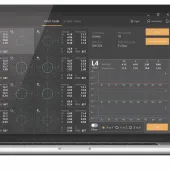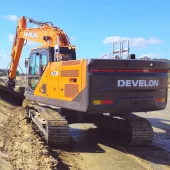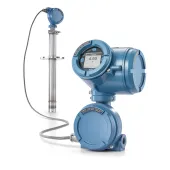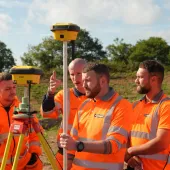The New Imperative
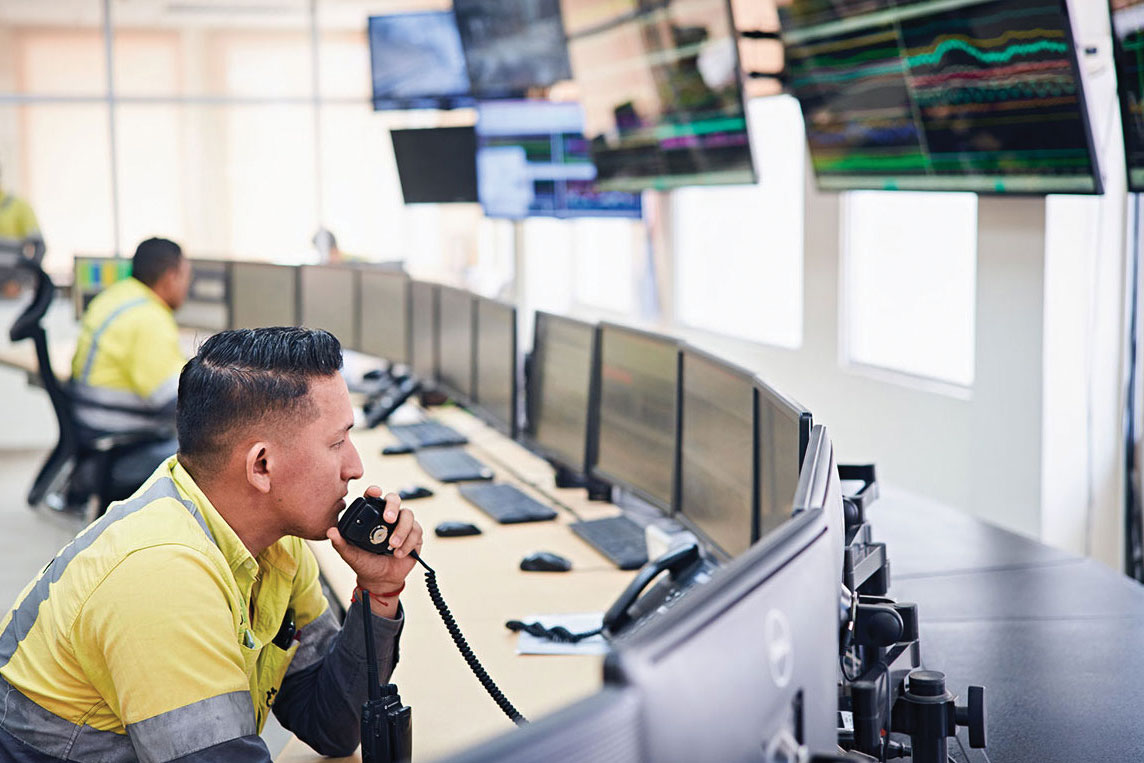
First published in the April 2022 issue of Quarry Management
A new ABB study into industrial transformation unveils the critical relationship between digitalization and sustainability, with international survey of 765 decision-makers revealing that while 96% believe digitalization is ‘essential to sustainability’, just 35% have implemented Industrial IoT solutions at scale
Earlier this year, ABB released the findings of a new global study of international business and technology leaders on industrial transformation, looking at the intersection of digitalization and sustainability. The study, ‘Billions of better decisions: industrial transformation’s new imperative’, examines the current take-up of the Industrial Internet of Things (IoT) and its potential for improving energy efficiency, reducing greenhouse gas emissions, and driving change. The goal of the new ABB research is to spur discussion within industry regarding opportunities to leverage the Industrial IoT and empower companies and workers to make better decisions that can benefit both sustainability and the bottom line.
‘Sustainability goals more and more are a crucial driver of business value and company reputation, and Industrial IoT solutions are playing an increasingly important role in helping enterprises achieve safe, smart, and sustainable operations,’ said Peter Terwiesch, president of ABB’s Process Automation business area. ‘Unlocking insights hidden in operational data holds the key to enabling literally billions of better decisions throughout industry and acting upon them, with significant gains in productivity, reduced energy consumption, and lower environmental impact.’
The study, commissioned by ABB, found that an organization’s ‘future competitiveness’ is the single greatest factor – cited by 46% of respondents – in industrial companies’ increased focus on sustainability. Yet, while 96% of global decision-makers view digitalization as ‘essential to sustainability’, only 35% of surveyed firms have implemented Industrial IoT solutions at scale. This gap shows that while many of today’s industrial leaders recognize the important relationship between digitalization and sustainability, the adoption of relevant digital solutions to enable better decisions and achieve sustainability goals needs to accelerate in sectors such as manufacturing, energy, buildings, and transport.
Among further key learnings from the study, 71% of respondents reported greater priority being given to sustainability objectives as a result of the pandemic, 72% said they are ‘somewhat’ or ‘significantly’ increasing spending on Industrial IoT due to sustainability, 94% of respondents agreed that the Industrial IoT ‘enables better decisions – improving overall sustainability’, and 57% of respondents indicated the Industrial IoT has had a ‘significant positive effect’ on operational decision-making. It was also found that perceived cybersecurity vulnerabilities are the number-one barrier to improving sustainability through the Industrial IoT.
Win-win scenarios
With 63% of executives surveyed strongly agreeing that sustainability is good for their company’s bottom line, and 58% also strongly agreeing it delivers immediate business value, it is clear that sustainability and traditional priorities of Industry 4.0 efforts – speed, innovation, productivity, efficiency, customer-centricity – are increasingly intertwined, opening win-win scenarios for companies looking to drive efficiency and productivity while making strides on climate change.
‘The International Energy Agency estimates that industry accounts for more than 40% of global greenhouse gas emissions today. If we are to reach climate objectives such as the UN’s Sustainable Development Goals and the Paris Agreement, industrial organizations need to implement digital solutions as part of their sustainability strategies,’ said Peter Terwiesch. ‘Embracing these technologies at all levels – from the boardroom to the facility floor – is key, as every member of the industrial workforce can become a better decision-maker when it comes to sustainability.’
ABB are committed to leading with technology to enable a low-carbon society and a more sustainable world. Over the past two years the company has reduced greenhouse gas emissions from its own operations by more than 25%. As part of their Sustainability Strategy 2030, ABB expect to be fully carbon neutral by the end of the decade and able to support their global customers in reducing their annual CO2 emissions by at least 100 megatonnes by 2030, the equivalent of removing 30 million internal combustion engine cars from the roads each year.
ABB’s investments in digital capabilities are core to this commitment. With more than 70% of the company’s research and development resources dedicated to digital and software innovations, and a robust ecosystem of digital partners, including Microsoft, IBM and Ericsson, the company has established a leading presence in Industrial IoT.
The ABB Ability portfolio of digital solutions allows a host of industrial users to power improvements in energy efficiency, resource conservation, and circularity, including condition monitoring, asset health and management, predictive maintenance, energy management, simulation and virtual commissioning, remote support, and collaborative operations. Examples of ABB’s more than 170 Industrial IoT solutions include ABB Ability Genix industrial analytics and AI suite; ABB Ability Energy and Asset Manager; ABB Ability Condition Monitoring for powertrains; and ABB Ability Connected Services for industrial robots.
For more information, visit: global.abb/topic/ability/en
- Subscribe to Quarry Management, the monthly journal for the mineral products industry, to read articles before they appear on Agg-Net.com


